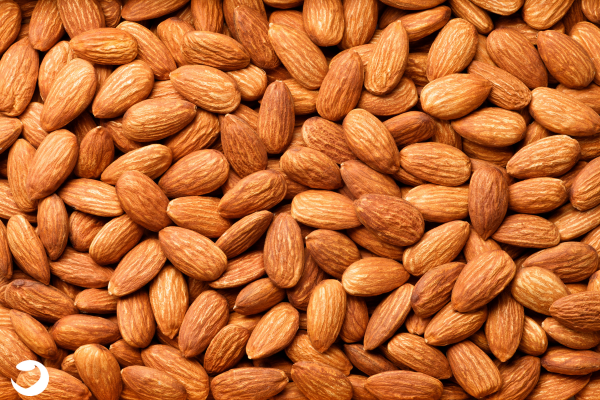
Almond consumption in Spain surged by an impressive 32.6% in 2023 compared to the previous year, reaching 14.7 million kilograms, up from 11.1 million in 2022. This data, provided by the Ministry of Agriculture, Fisheries and Food, highlights not only the increasing demand but also the growing recognition of the unparalleled quality of Spanish almonds.
A Campaign That Makes a Difference
Much of this success can be attributed to the ‘Sustainable EU Almond’ initiative, led by the Spanish Almond Board-Almendrave in collaboration with the Portuguese National Centre of Competence for Nuts (CNCFS). This campaign has played a pivotal role in showcasing the Iberian origin, sustainability, and premium quality of almonds grown on the peninsula, boosting their reputation in an increasingly competitive market.
A Sector in Transition and Growth
In recent years, almond production in Spain has grown exponentially due to the introduction of super-intensive farming systems. These innovations have enabled the cultivation of a greater variety of almonds, including popular types such as Guara, Belona, and Avijor Lauranne, which are predominantly grown in dry areas using sustainable agricultural practices. These varieties not only highlight environmental responsibility but also give Spanish almonds a distinct identity on the global stage.
Despite importing significant quantities of Californian almonds, Spain’s role as an exporter is undeniable. It is the world’s second-largest almond exporter, accounting for 9% of the global market. In 2023, Spanish almond exports reached 130.8 million kilograms, with France and Germany leading as key European markets. Among the standout products, almond flour has seen a significant rise in demand.
Uniqueness and Excellence: The Pillars of Spanish Almonds
Pere Ferré, spokesperson for Almendrave, captures it best:
"Comparing Spanish almonds with those from other countries is like comparing Iberian acorn-fed ham with Serrano ham."
So, what sets Spanish almonds apart?
- Natural Protection: Their hard shell acts as a natural barrier, shielding them from chemicals and external contaminants.
- Unmatched Flavor: Their high oil content gives them a unique sensory profile that is highly appreciated by both consumers and chefs.
Challenges and Opportunities: Looking Ahead
The almond sector faces challenges, including stiff competition from imported almonds. However, initiatives such as ‘Sustainable EU Almond’ are solidifying Spain's position in strategic markets. Furthermore, the opening of the Chinese market offers a golden opportunity, with projections to export up to 50,000 tonnes of shelled almonds to China in the coming years.
Spanish almonds are more than just a food product—they are a symbol of tradition, innovation, and excellence. Their future success will rely on continued efforts to communicate their unique qualities and reinforce their leadership both nationally and internationally.




